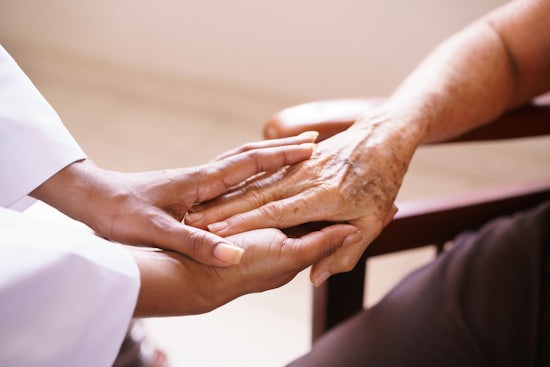Aged care labour agreements to support migrant communities
Aged care providers are now able to hire overseas workers with specialised skills that will support older Australians from multicultural backgrounds through new Government-announced visa changes.

New labour agreement enables aged care providers to access overseas workers where they previously have been unable to. (Source: Shutterstock)
Minister for Immigration, Citizenship and Multicultural Affairs David Coleman says these special visa arrangements, announced earlier this month, will allow aged care facilities to access a personalised visa arrangement to hire employees with the skills to cater for the needs of their communities’ elderly.
Mr Coleman says aged care providers have identified a need for bilingual carers.
“Elderly people or those with dementia may revert to their native language or lose the ability to speak a second language,” he says.
“This visa arrangement demonstrates the Government’s commitment to migrant communities and those organisations who care for Australia’s elderly. It will greatly assist them in finding the right staff to deliver vital aged care services.
“Company specific labour agreements will enable aged care providers to deliver specialised services that better understand a residents’ cultural needs.”
In delivering vital aged care services to the Australian community, aged care providers can request a company-specific labour agreement to sponsor skilled overseas workers for a Temporary Skill Shortage (TSS) visa, or an Employer Nomination Scheme (ENS) visa.
Mr Coleman adds that labour agreements will only be considered where it is demonstrated that Australians cannot fill skill shortages and standard work visa programs cannot be utilised.
The company-specific labour agreement enables aged care providers to access overseas workers where they previously have been unable to, as the required occupation is not on the list of eligible skilled occupations.
Federation of Ethnic Communities’ Councils of Australia (FECCA) Chairperson Mary Patetsos welcomes the announcement, but says the Government should focus on investing in training local workers to meet the needs of the sector.
“FECCA welcomes the recognition from the Federal Government that diversity within the aged care workforce is critical to providing quality care to older Australians,” she says.
“The aged care and disability sectors will need a competent and skilled workforce that matches the diversity of older Australians. This includes sourcing people with language and cultural competency in our domestic workforce and if there remains a real gap in language skills, sourcing appropriately skilled people from overseas.
“However we caution against taking the easy option of using a visa solution to address what is an Australian workforce issue.”











![The new Aged Care Act exposure draft is slated for release in December of 2023, but advocates hope to see it rolled out on January 1, 2024. [Source: Shutterstock]](https://agedcareguide-assets.imgix.net/news/articles/wp/agedcareact__0811.jpg?fm=pjpg&w=520&format=auto&q=65)












Comments